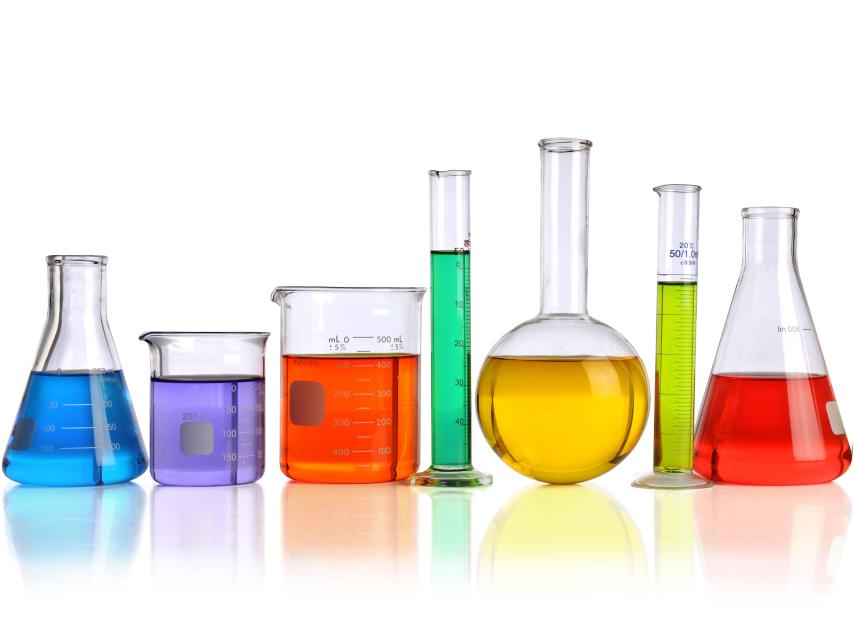Honey Inorganic Mineral Content Verification
Ensuring the quality and safety of honey is critical in both domestic and international markets. The presence of inorganic minerals can significantly impact the nutritional profile, sensory characteristics, and overall health benefits of honey. This service specializes in verifying the inorganic mineral content within honey samples using precise analytical methods that adhere to global standards.
The process begins with rigorous sample preparation, ensuring that the honey is free from contamination and accurately represents the batch being tested. Our laboratory employs advanced spectroscopic techniques like Inductively Coupled Plasma Mass Spectrometry (ICP-MS) and Flame Atomic Absorption Spectroscopy (FAAS) to detect and quantify trace elements such as iron, copper, zinc, manganese, and other essential minerals.
The significance of inorganic mineral content in honey cannot be overstated. These minerals play crucial roles in human nutrition, influencing the overall health benefits derived from consuming honey. For instance, iron enhances hemoglobin production, while calcium supports bone health. Accurate verification ensures that consumers receive products that meet expected nutritional standards.
Our methodology is based on international standards such as ISO 16149 and EN 385, which provide robust guidelines for sample preparation, calibration, and data interpretation. These standards ensure consistency and reliability across all tests conducted by our laboratory.
The precision of the instrumentation used in this service allows us to detect even trace amounts of minerals, providing a comprehensive analysis that goes beyond mere presence or absence. This capability is particularly important for premium honey products where subtle variations can significantly affect market perception and consumer trust.
We offer detailed reports that include raw data, calculated concentrations, and comparison against specified limits set by relevant standards. Our goal is not only to meet regulatory requirements but also to provide actionable insights that help our clients optimize their supply chains and product formulations.
- Comprehensive analysis of essential inorganic minerals
- Precision using advanced spectroscopic techniques
- Adherence to international standards for reliability
- Detailed reports with actionable insights
Scope and Methodology
The scope of this service encompasses the verification of inorganic mineral content across various types of honey, including but not limited to organic, single-flower, and blended honeys. Our methodology ensures that every sample is processed consistently using standardized procedures.
- Sample preparation: Ensures accurate representation of the batch
- Instrumentation: Utilizes ICP-MS and FAAS for precise analysis
- Data interpretation: Adheres to international standards for reliability
The process involves several key steps. First, honey samples are prepared according to predefined protocols that minimize contamination and ensure homogeneity. Next, the samples undergo rigorous testing using advanced spectroscopic techniques capable of detecting even trace amounts of minerals.
Once the analysis is complete, our team interprets the data and prepares a detailed report. This report includes not only the detected mineral concentrations but also comparisons against specified limits set by relevant standards. Our goal is to provide clients with comprehensive insights that can inform decision-making processes related to quality control, product formulation, and marketing strategies.
By adhering strictly to international standards such as ISO 16149 and EN 385, we ensure the highest level of accuracy and reliability in our testing procedures. Our clients can rest assured that they are receiving unbiased results that reflect the true mineral content of their honey products.
The precision of our instrumentation allows us to detect even trace amounts of minerals, providing a comprehensive analysis that goes beyond mere presence or absence. This capability is particularly important for premium honey products where subtle variations can significantly affect market perception and consumer trust.
International Acceptance and Recognition
- Honey is a globally traded commodity, subject to various regulatory frameworks in different countries.
- Accurate mineral content verification is essential for compliance with international standards such as ISO 16149 and EN 385.
The importance of accurate honey mineral content analysis cannot be overstated, especially given the global nature of the market. Honey is not only consumed domestically but also traded internationally, subject to various regulatory frameworks in different countries. Accurate mineral content verification is essential for compliance with international standards such as ISO 16149 and EN 385.
Our laboratory's expertise and adherence to these standards ensure that our clients are fully compliant with regulations worldwide. By providing reliable, accurate data on honey mineral content, we help maintain trust in the global market for this natural product.
The precision of our instrumentation allows us to detect even trace amounts of minerals, providing a comprehensive analysis that goes beyond mere presence or absence. This capability is particularly important for premium honey products where subtle variations can significantly affect market perception and consumer trust.
Use Cases and Application Examples
- Quality assurance in production processes
- Compliance with regulatory requirements for export markets
- Premium product differentiation through precise mineral content analysis
The use cases for honey inorganic mineral content verification are extensive and varied. One key application is quality assurance during the production process, where accurate mineral content data helps ensure consistency across batches.
Another critical use case involves compliance with regulatory requirements for export markets. Many countries have strict standards regarding the presence of certain minerals in food products, particularly those intended for international consumption. By providing reliable and accurate mineral content analysis, our laboratory ensures that clients can confidently meet these regulatory demands.
Premium product differentiation is another significant application. Consumers are increasingly seeking out high-quality, naturally derived products. Accurate mineral content verification can help highlight the unique nutritional profile of a particular honey variety, making it stand out in an increasingly competitive market.
Our laboratory's expertise and adherence to international standards ensure that our clients are fully compliant with regulations worldwide. By providing reliable, accurate data on honey mineral content, we help maintain trust in the global market for this natural product.





